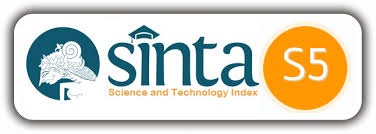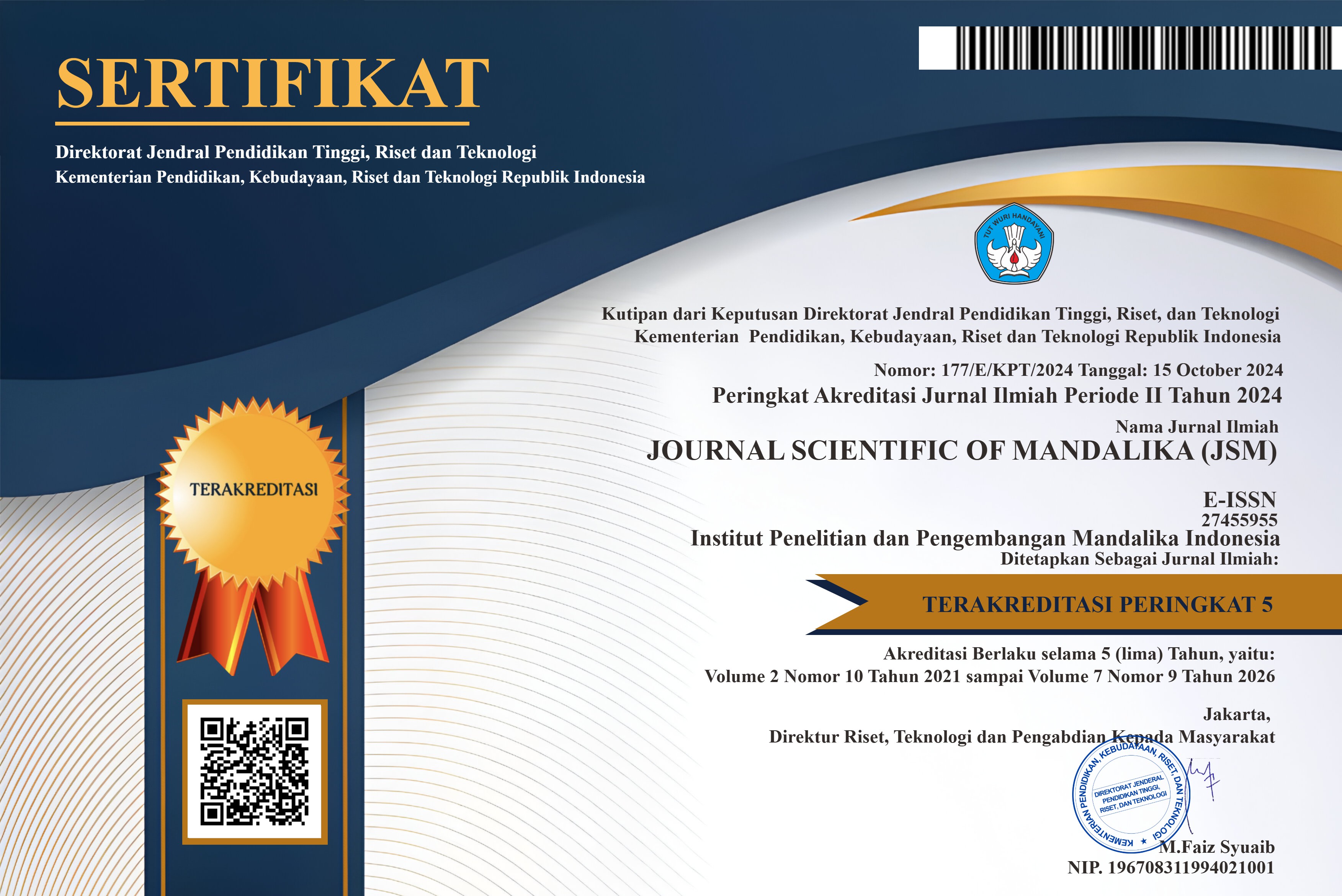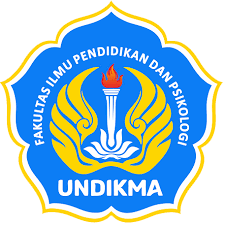Tingkat Pengetahuan Masyarakat Terhadap Penggunaan Obat Herbal sebagai Pengganti Pengobatan Konvensional di Kelurahan Nusukan, Kecamatan Banjarsari, Surakarta
Abstract
According to WHO, as much as 80% of the world's population uses herbal medicines, with varying levels of use in various countries. In Indonesia, based on Riskesdas 2018, it reached 59.12%. This research aims to determine the level of public knowledge regarding the use of herbal medicine as a substitute for conventional medicine in Nusukan Village, Banjarsari District, Surakarta. The method used is non-experimental descriptive collected through questionnaires. The respondents of this study were people aged 20 - 44 years, who had used herbal medicine and lived in Nusukan Village. Analysis using SPSS 26. The research results showed from the validity test that 16 of the 20 question items regarding knowledge of herbal medicines and 8 of the 10 question items regarding the use of herbal medicines were declared valid, while the reliability test produced Cronbach's Alpha values of 0.867 and 0.770 which indicated a high level of reliability. In the results of the level of herbal medicine knowledge, the majority of respondents were in the good category with a percentage of 94.95%, while the sufficient category was 5.05%, and there were no respondents in the poor category. Factors such as age, education, and occupation have a significant influence on this level of knowledge. Apart from that, as many as 94.95% of respondents stated that they had taken herbal medicine as a substitute for conventional medicine. This research concluded that the Nusukan people had good knowledge about herbal medicine, but education was still needed for groups who had sufficient knowledge.
Copyright (c) 2025 Mei Nanda Zavitra, Tiara Ajeng Listyani, Rahmat Hidayat

This work is licensed under a Creative Commons Attribution-ShareAlike 4.0 International License.













